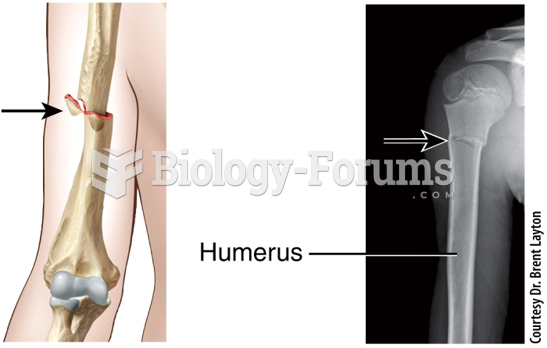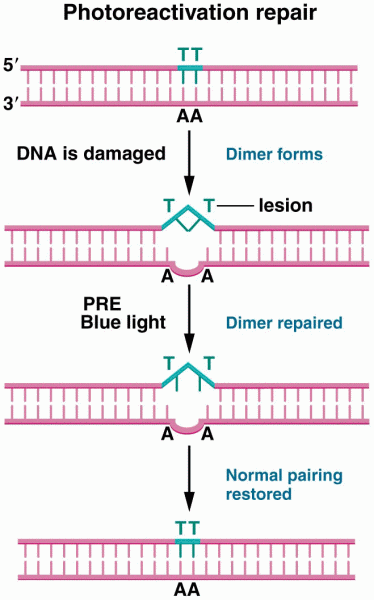|
|
|
A seasonal flu vaccine is the best way to reduce the chances you will get seasonal influenza and spread it to others.
Though the United States has largely rejected the metric system, it is used for currency, as in 100 pennies = 1 dollar. Previously, the British currency system was used, with measurements such as 12 pence to the shilling, and 20 shillings to the pound.
Every 10 seconds, a person in the United States goes to the emergency room complaining of head pain. About 1.2 million visits are for acute migraine attacks.
Urine turns bright yellow if larger than normal amounts of certain substances are consumed; one of these substances is asparagus.
Dogs have been used in studies to detect various cancers in human subjects. They have been trained to sniff breath samples from humans that were collected by having them breathe into special tubes. These people included 55 lung cancer patients, 31 breast cancer patients, and 83 cancer-free patients. The dogs detected 54 of the 55 lung cancer patients as having cancer, detected 28 of the 31 breast cancer patients, and gave only three false-positive results (detecting cancer in people who didn't have it).
 H. erectus migrated out of Africa beginning about 1.8 million years ago and is first known from Geor
H. erectus migrated out of Africa beginning about 1.8 million years ago and is first known from Geor
 In 2008, the U.S. economy suffered a gaping wound as several trillion dollars were ripped out of it.
In 2008, the U.S. economy suffered a gaping wound as several trillion dollars were ripped out of it.





